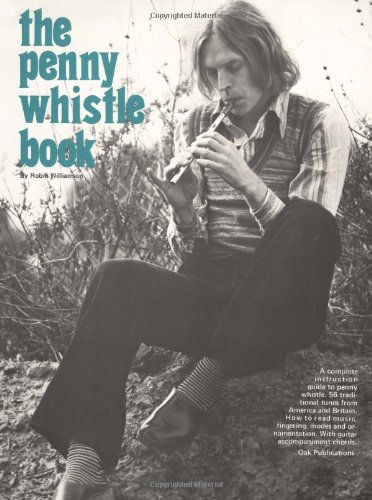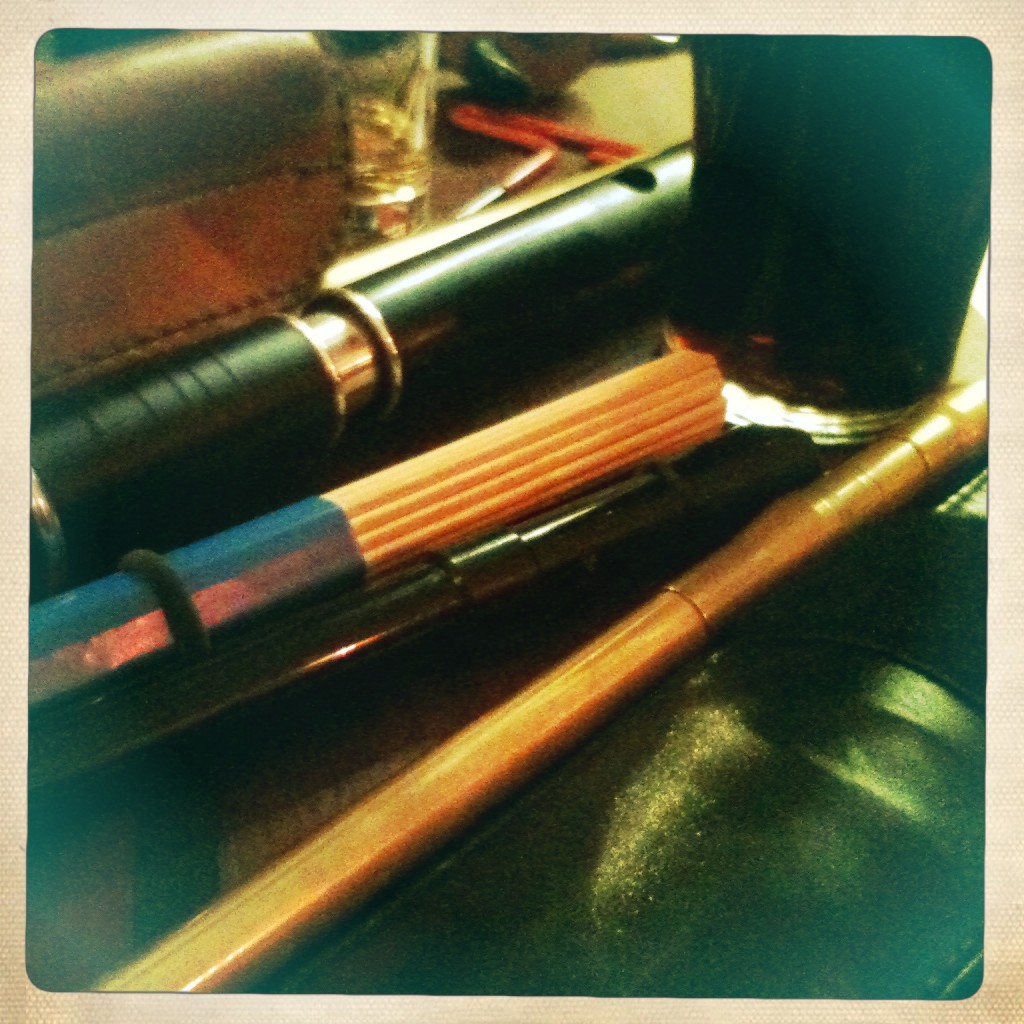 FluteFling classes resumed this week with the Slow and Steady group. We had a gentle return with the air of a Scottish song, Johnny Faa and a look ahead to the tune that I hope will go well with it, an Irish set dance called An Cnoicín Fraoich which translates as The Little Heathery Hill or The Little Heathy Hill.
FluteFling classes resumed this week with the Slow and Steady group. We had a gentle return with the air of a Scottish song, Johnny Faa and a look ahead to the tune that I hope will go well with it, an Irish set dance called An Cnoicín Fraoich which translates as The Little Heathery Hill or The Little Heathy Hill.
 Johnny Faa was first published in 1720 and features in Robin Williamson’s Penny Whistle Book, which is where I first came across it. The book is not only clear with good advice but I like the way the author, a professional storyteller and founder of The Incredible String Band, provides background stories for many of the tunes. Somehow it gives the music further depth and respect, which is helpful when first encountering playing traditional music.
Johnny Faa was first published in 1720 and features in Robin Williamson’s Penny Whistle Book, which is where I first came across it. The book is not only clear with good advice but I like the way the author, a professional storyteller and founder of The Incredible String Band, provides background stories for many of the tunes. Somehow it gives the music further depth and respect, which is helpful when first encountering playing traditional music.
Johnny Faa was an historical character, the King of the Gypsies in Scotland during the reign of James IV (1473-1513) or James V (1512 –1542) of Scotland, depending in which source you reference. The tune is the melody for a song that is related to The Raggle Taggle Gypsies and other ballads and is set in Ayrshire. For the academically-minded, I found this fascinating-looking paper (free to register to view online) on the cultural background to Johnny Faa and Black Jack Davy. I hope to get the chance to read it properly.
The only time I have heard the tune played was in a pub during a gathering of traditional flute players in Aberdeen in 2001 by either Eddie McGuire or Chris Norman, who were exchanging tunes on a piccolo. They are both excellent exponents of the Scottish flute, so needless to say they brought the place to a standstill.
Music and a recording for this tune can be found on the new Resources 2013-14 page.
The Little Heathery Hill is an Irish set dance or long dance from Munster in the SW of Ireland, a tune that has particular steps for a solo dancer associated with it. Not to be confused with set dancing, which is a social type of dance.
There aren’t many recordings of this tune, although YouTube has a few, including this nice version played on 5 string banjo. Furthermore I have never heard it played by anyone else, despite coming across it initially in Bulmer and Sharpley’s collection in the 1980s. It needs to be heard more I believe. A little background to the tune, first published in the 1860s, can be found on the TuneArchive web site.
The tune features F natural, which can be a challenge on a keyless flute or whistle. However, it occurs with an E before and after the note, it becomes possible to slide the E finger to bend the note up and then back down, which fits well with the overall feel of the tune and its shifting modes.
Set dances have a kind of hornpipe feel, but this tune can also be played in a more stately way too, leading out from Johnny Faa. I play it both ways in my recording, which can be found on the resources page for the term.
Photo of North Hill of the Eildon Hills by Bex Ross, published under a Creative Commons licence.



